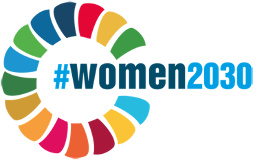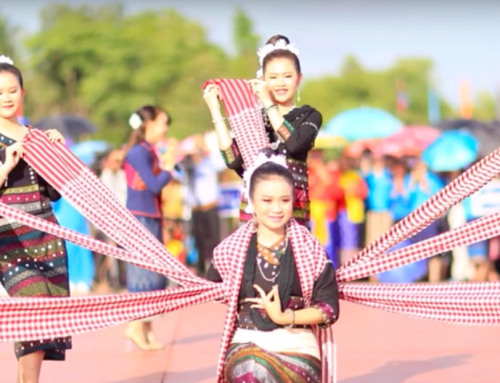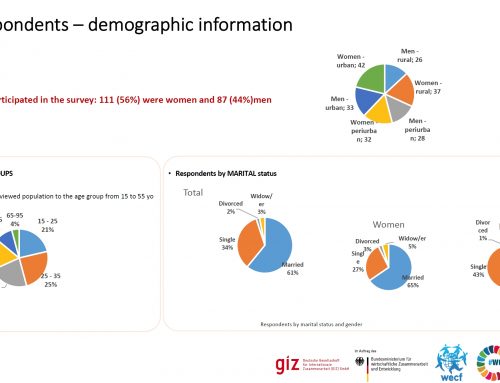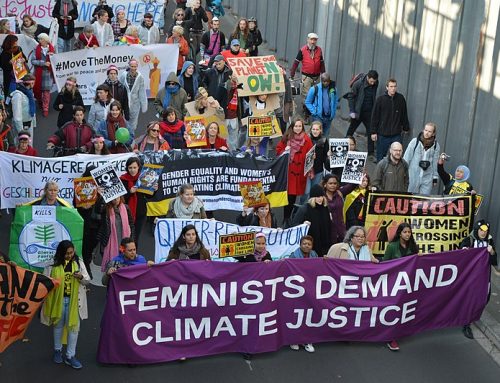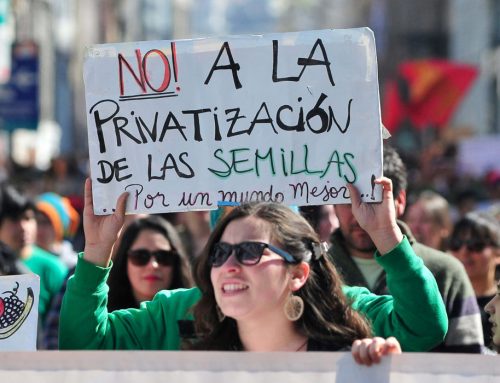By Greg Odogwu for Punch Opinion
March 17, 2017
This year’s International Women’s Day was marked last week on March 8. One remarkable event that stood this year’s celebrations out was the workshop organised for Nigerian women from March 6 to March 7 in Abuja, by the non-governmental organisation, Women Environmental Programme, under the global campaign hashtag #Women2030. The event titled, National Training of Civil Society Organisations on Gender and Sustainable Development Goals, was under the project, “Women CSOs: Networking to Realise the Sustainable Development Goals (Post-2015), also known as Women 2030 Project”.
According to the Deputy Executive Secretary of WEP, Mrs Kyauta Giwa, the programme was designed to expose participants to the SDGs, with emphasis on how the goals balance gender issues. “The training shall enable the participants to understand the terminologies and concepts of the SDGs, so that when they monitor the implementation of these goals and targets, they do it from the gender perspective. This event is also a brainstorming session where we shall ask ourselves critical questions: Are the goals too many? Should we prioritise, and which ones should we prioritise?”
The background to this project could be traced to last year’s United Nations Framework Conventions on Climate Change Conference of Parties 22, in Marrakesh, Morocco. Ahead of the 2016 Marrakesh climate change Summit, the Centre for 21st Century Issues, one of the civil society organisations working with WEP under the Women CSO Networking to Realise the Sustainable Development Goals project, also known as Women 2030 Project, participated in the African Regional Train Of Trainers which held from November 4 to 5, 2016 in Marrakesh.
At Marrakech, the TOT which was aimed at building the capacity of women organisations in Africa to advise local, national and regional gender responsive sustainable development policies (2030 Agenda and Paris Agreement) brought together 30 women’s organisations from across Africa.
The two-day training introduced participants to the Women 2030 Project and explained the responsibilities of participating organisations to monitor the implementation of the SDGs in their countries and how to achieve change on the ground with women and men through gender assessments, writing of shadow reports, policy dialogues and sharing lessons learnt.
After the training, the women participated in the Marrakesh climate summit working with the women and gender constituency of the United Nations Framework Convention on Climate Change to voice the needs and concerns of women in the global climate discussions particularly addressing structural barriers to climate protection and the urgent need for a gender-just climate action.
Towards the implementation of the Women 2030 project in Nigeria, Centre for 21st Century Issues was to be working with Fresh and Young Brains Initiative to train and coordinate other civil society organisations to monitor and track the implementation of the SDGs in the next four years. Therefore, during last week’s Abuja event, C21st, represented by Titi Akosa, and FBYI, represented by Nkiruka Nnaemego, were on hand to impact the knowledge gained from the Marrakech TOT.
The strategic objectives of Women2030 are to: Build capacity of women’s and gender-focused civil society organizations on planning, monitoring and implementation of the SDGs/post 2015 agenda and the climate agreement; Create awareness at all levels of gender-equitable best practices and progress of national post-2015 SDG plans; Ensure more gender-responsive SDGs/post 2015 plans with participation of women and women’s organizations. The Women2030 project, implemented in 52 countries across different regions of the world, is a program by an alliance of 5 global women’s coalitions collaborating to implement the SDGs in a gender-equitable and climate-just way. They are part of a 5 year partnership agreement with the European Commission’s International Cooperation arm DEVCO called “Women CSOs implementing SDGs Agenda 2030.”
The Abuja workshop was interactive as it was creative. The participants, selected from CSOs operating in the six geopolitical zones of the country, were shared into work groups that concentrated on five different project-specific thematic clusters of the 17 goals and 169 targets of the SDGs.
The group that worked on SDG goal 5 recommended cogent actions to “achieve gender equality and empower all women and girls”. The group for Goal 4 was to “ensure inclusive and quality education for all and promote lifelong learning”. The group for Goal 1 recommended actions to “end poverty in all its form everywhere”. The group on Goal 13 worked to “take urgent action to combat climate change and its impacts”; while group on Goal 7 made inputs to “ensure access to affordable reliable sustainable and modern energy for all”.
The most interesting outcome of the plenary session was arguably the general agreement that there should be a Gender Roadmap on achieving the Nationally Determined Contributions for countries, as this will effectively mainstream globally recognised gender-based climate action.
Hadiza Mohammed, participant from Yobe State of North-East Nigeria, representing the NGO, Women Rights Initiative, said that with the capacity building process she had undergone in Abuja #Women2030 project, her NGO which targeted women and youth could now develop strategies to scale up its scope and activities. “The new thing I have learnt is that there is a whole difference between the past MDGs and the new SDGs, which will be sustained beyond the prescribed tenure of 2030. We just hope for the best and by the grace of God, Yobe State and the entire North East shall feel our impact going forward.”
Interestingly, it was not only women that benefitted from the #Women2030 training. There were a couple of men among the trainees. One of them, Collins Nyong, representing the Abuja based NGO, Centre for Development Support Initiative was of the view that environmental activists should leverage on the novelty of mainstreaming gender issues in climate change advocacy as a focus niche to capture the attention of the ordinary citizens and people in governance circles.
“My experience here is quite eye-opening as it is from this programme that I have come to really know about gender mainstreaming in climate action. So when we go back to our different NGOs we have a better picture of what we have to do concerning stepping down these knowledge to the grassroots. The impact of the training makes us concentrate on Goal 5 which is about women empowerment; and also the ingenious way it is now linked to Goal 13 which is climate action. It tells us what we have to do about climate change which is a general phenomenon; whether you are male or female you feel the impact. However, the way the farmer is feeling it is different from the way a trader is feeling it. Now this training equips us to create the appropriate awareness tool to reach the people that are not aware of what is going on.”

